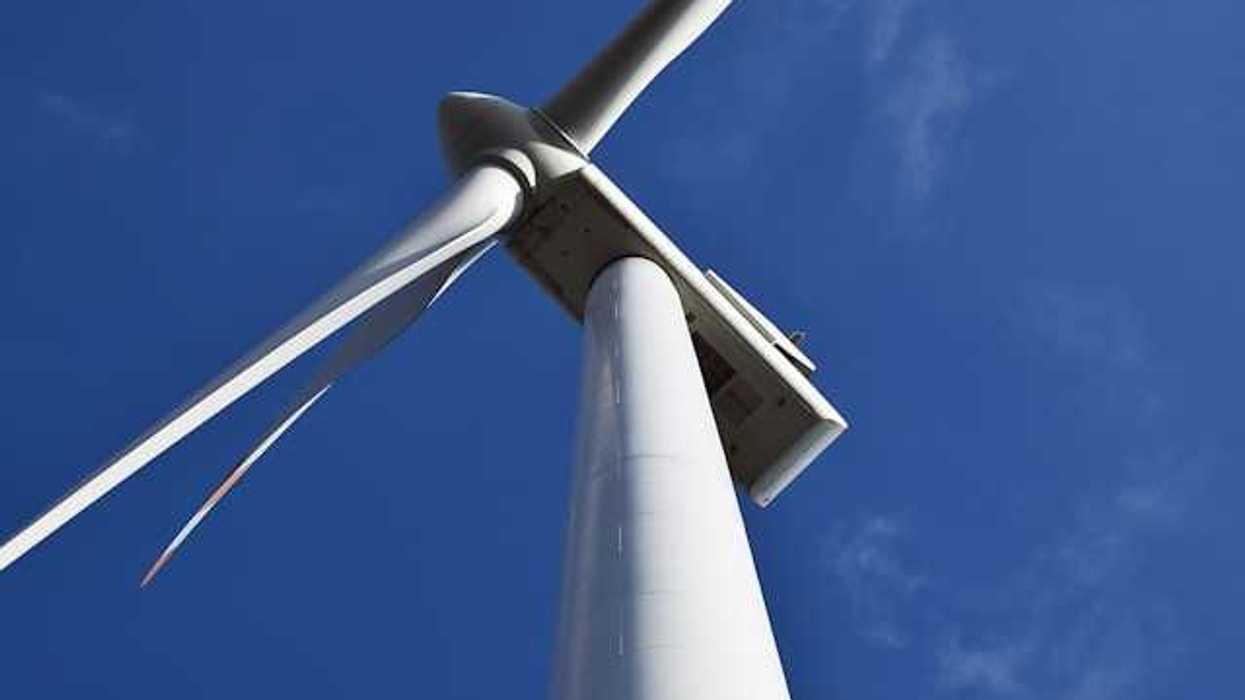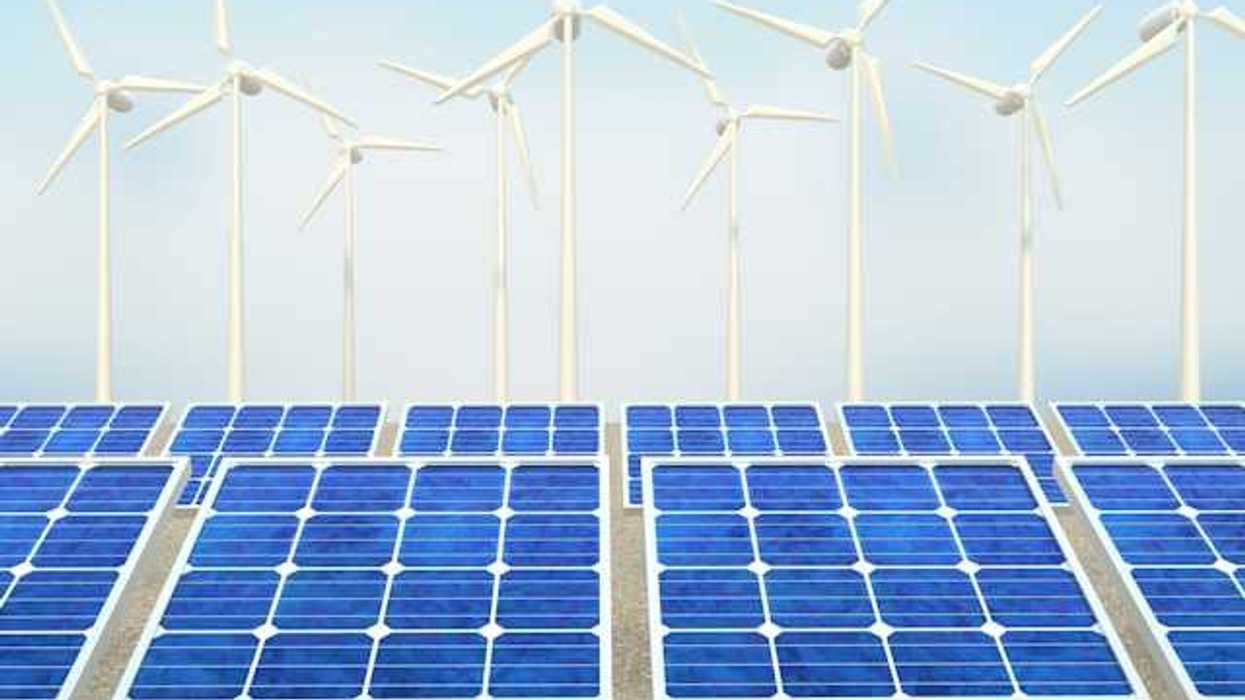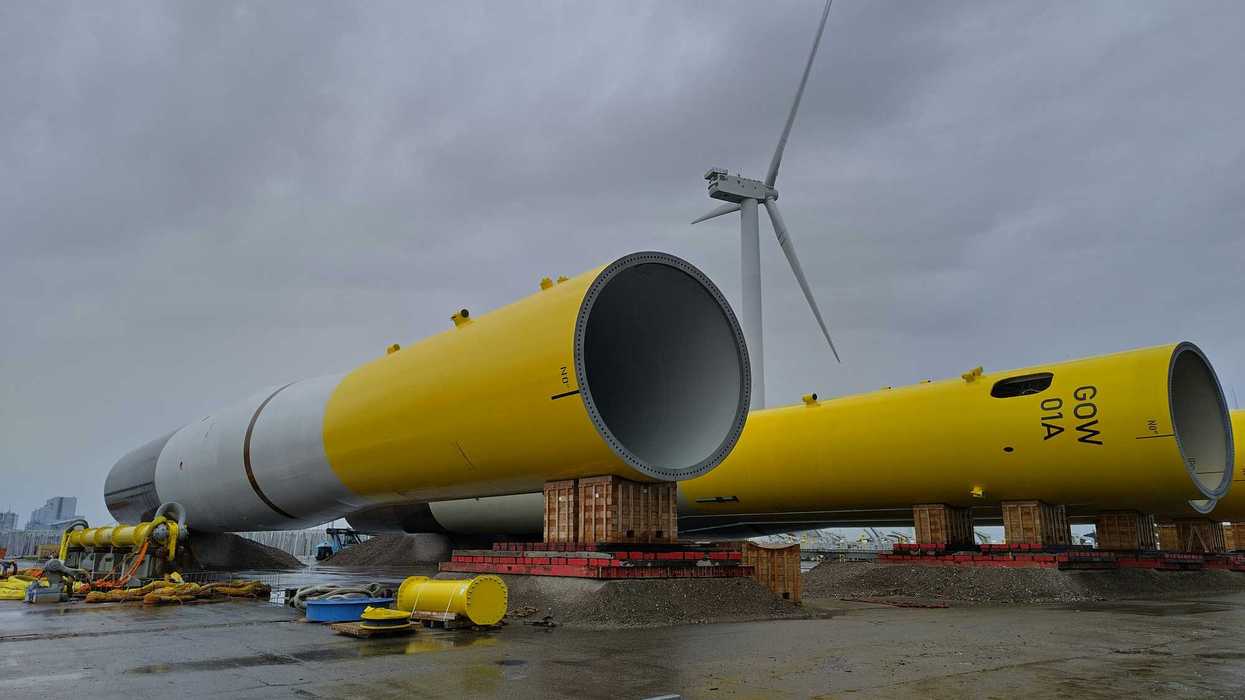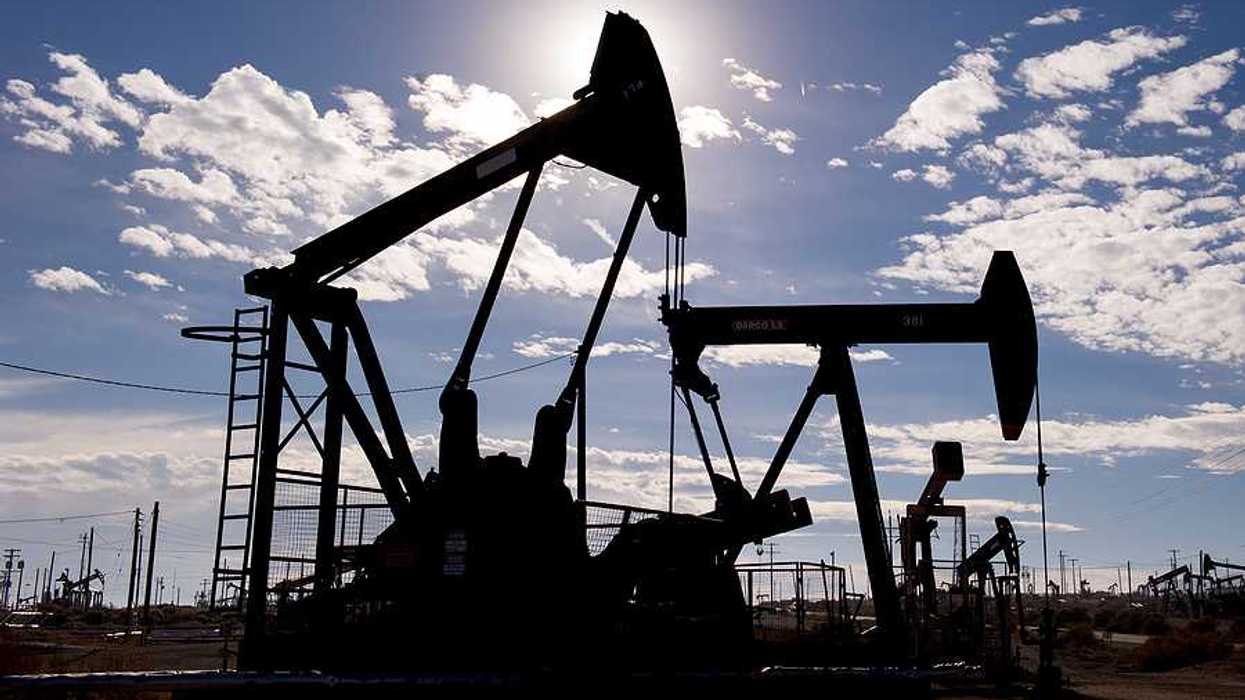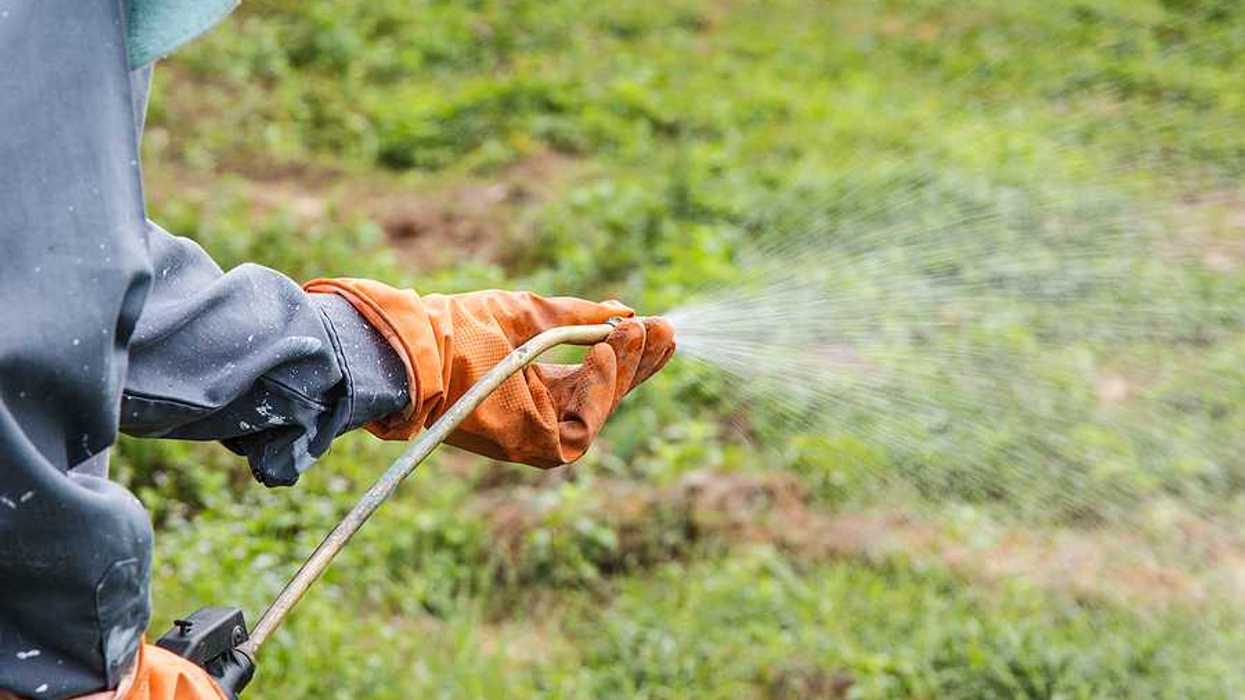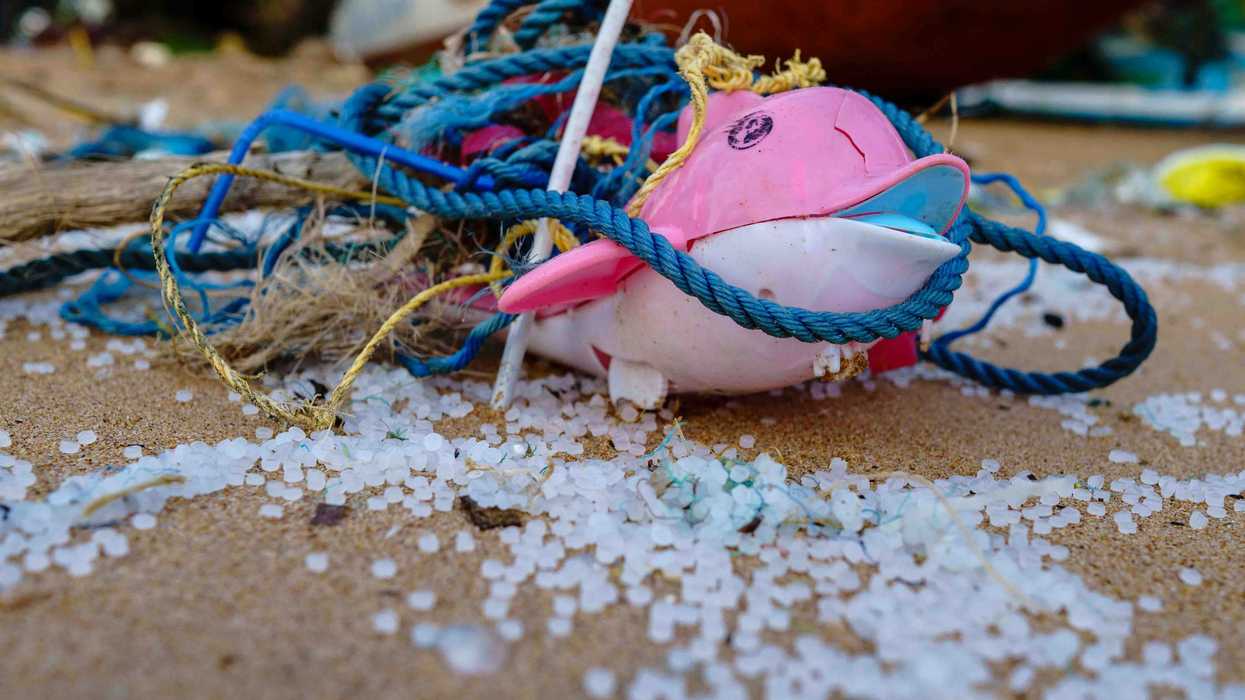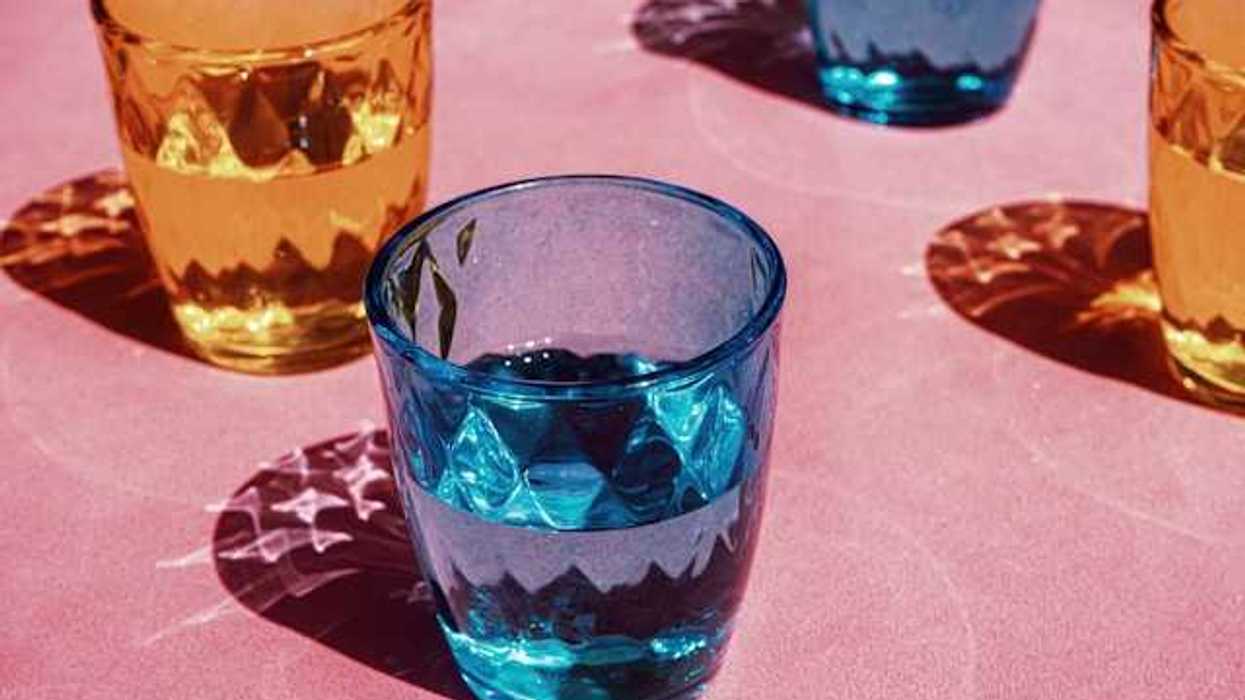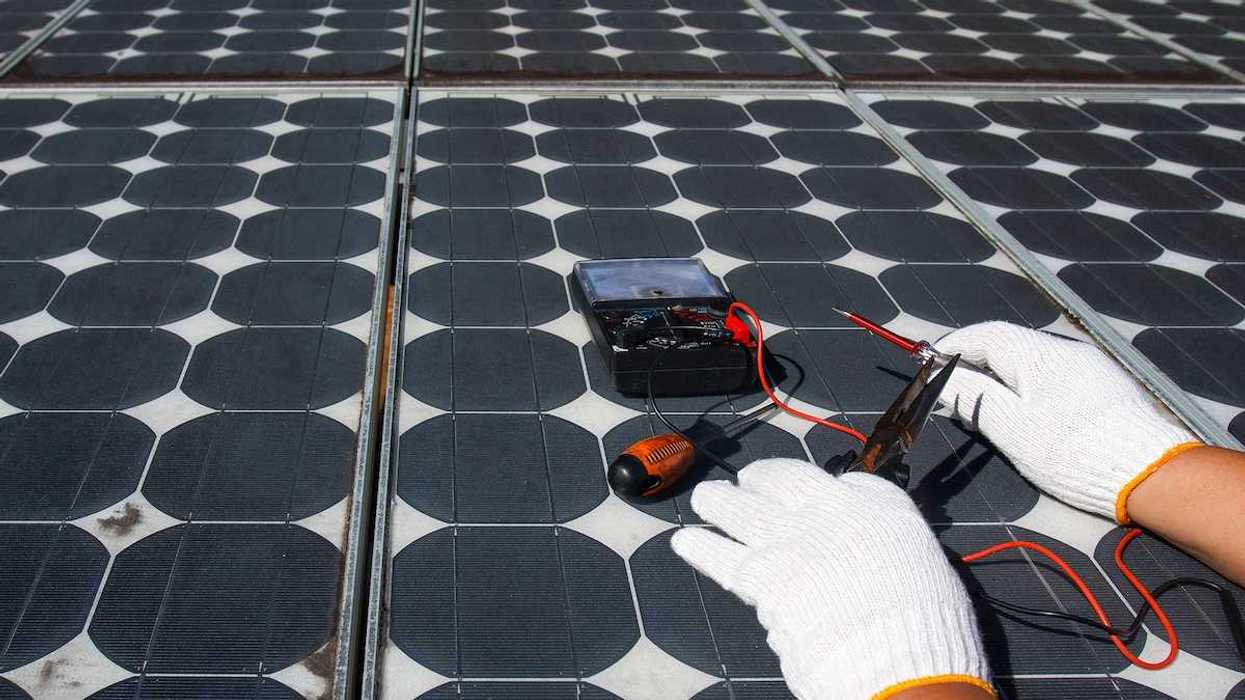The European Union announced its ambition to implement deposit refund schemes for plastic bottles and aluminum cans across its member states by 2029, aiming at boosting recycling rates. However, environmental groups argue that such schemes fall short of addressing the fundamental issue of plastic pollution.
Cyrielle Cabot reports for France24.
In short:
- The EU's proposal introduces a deposit refund system for plastic bottles and aluminium cans, with consumers able to reclaim a portion of the cost by returning used containers.
- Critics, including Zero Waste France, claim the scheme may inadvertently encourage continued use of plastic by offering financial incentives for recycling, rather than reducing plastic production.
- The debate highlights differing approaches to tackling plastic waste, with some advocating for a shift towards a circular economy model that emphasizes reuse over recycling.
Key quote:
"This system can certainly help improve recycling figures, but it doesn’t target the goal we need to have: drastically reducing our production of plastic."
— Manon Richert, communications manager for Zero Waste France
Why this matters:
Deposit schemes have been implemented in various forms around the world, leading to significant increases in recycling rates and reductions in litter. Environmentalists claim that such schemes may not address the root problem of overproduction and overconsumption of single-use plastics, and could potentially divert attention and resources from broader, more comprehensive strategies needed to tackle plastic pollution.


